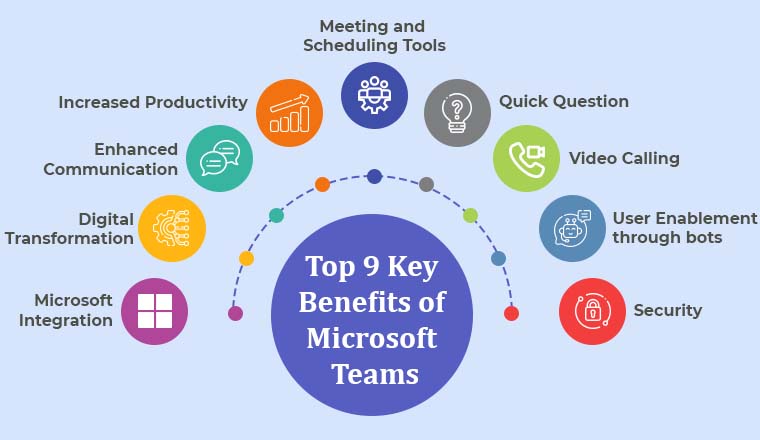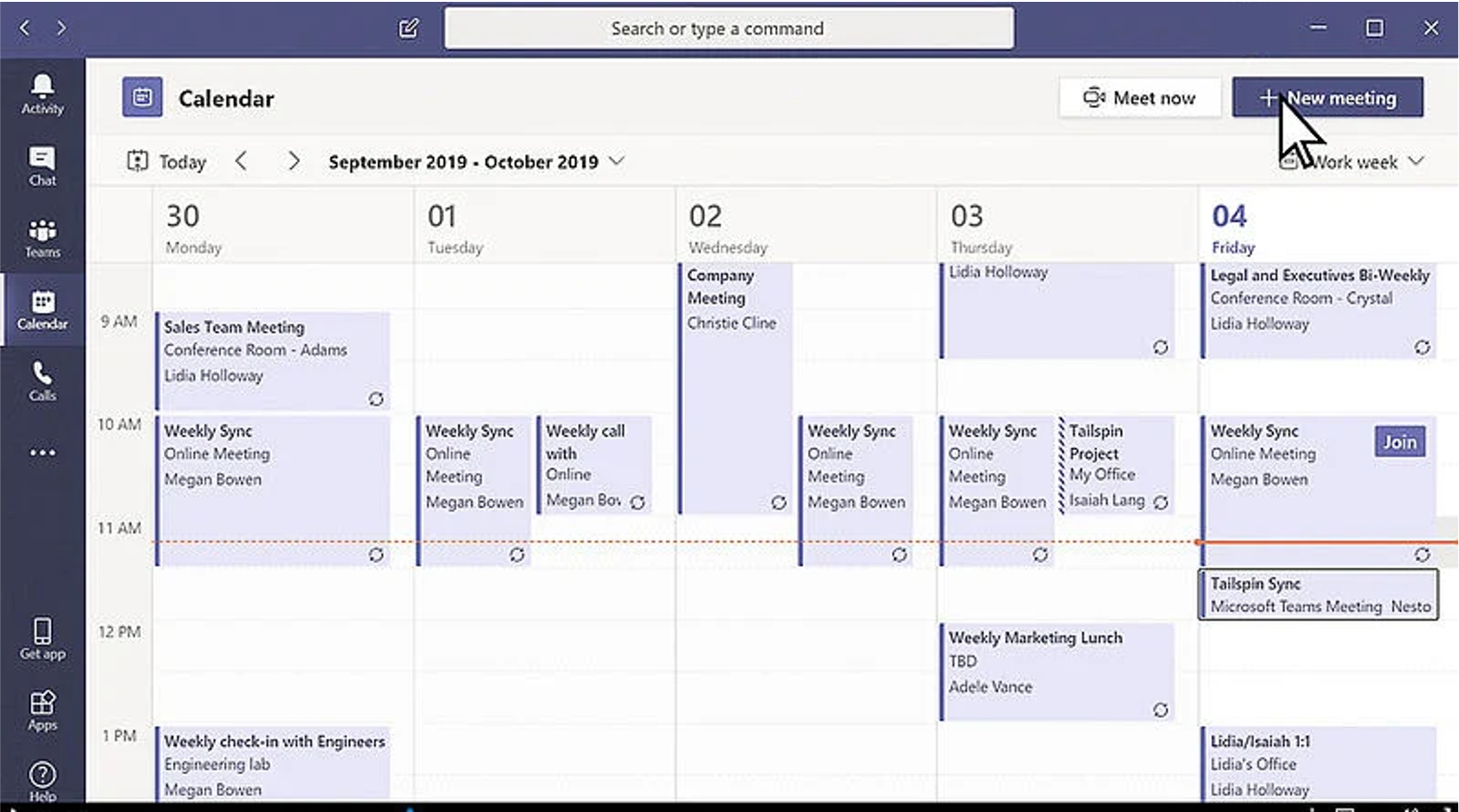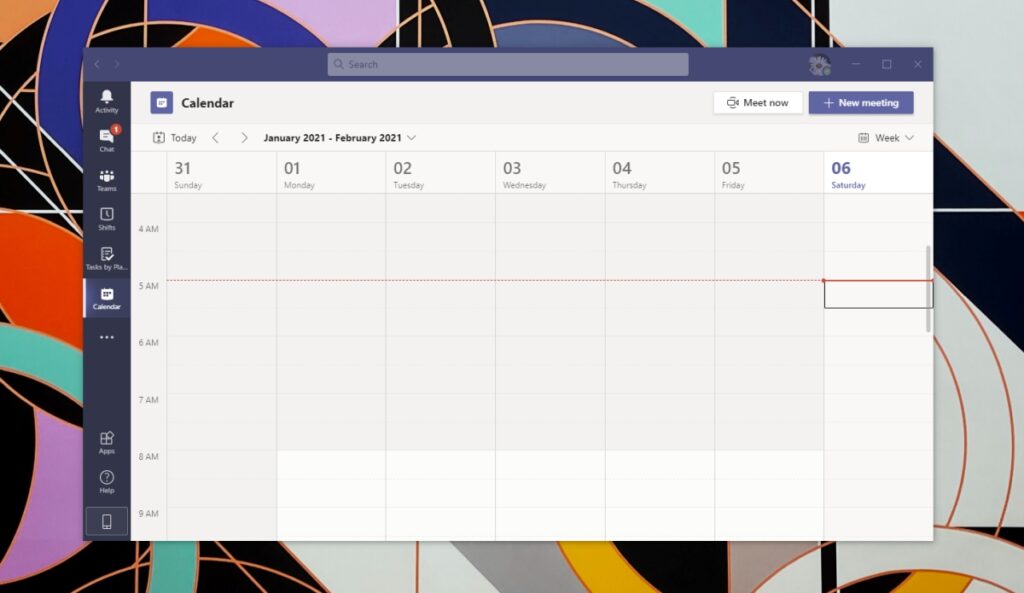The 2000-Occasion Calendar Conundrum: Why Microsoft Groups Cannot Deal with Your Scheduling Overload
The 2000-Occasion Calendar Conundrum: Why Microsoft Groups Cannot Deal with Your Scheduling Overload
Associated Articles: The 2000-Occasion Calendar Conundrum: Why Microsoft Groups Cannot Deal with Your Scheduling Overload
Introduction
With enthusiasm, let’s navigate by means of the intriguing matter associated to The 2000-Occasion Calendar Conundrum: Why Microsoft Groups Cannot Deal with Your Scheduling Overload. Let’s weave fascinating info and supply contemporary views to the readers.
Desk of Content material
The 2000-Occasion Calendar Conundrum: Why Microsoft Groups Cannot Deal with Your Scheduling Overload

Microsoft Groups has develop into an indispensable device for numerous companies, revolutionizing communication and collaboration. Nonetheless, beneath its glossy interface lies a hidden limitation that is more and more impacting productiveness: the shortcoming to successfully handle calendars with a lot of occasions, particularly the continuously encountered "2000-event" barrier. This text delves into the explanations behind this limitation, its influence on customers, potential workarounds, and what Microsoft may do to deal with this persistent concern.
The Bottleneck: Understanding the Limitations
The issue is not a easy matter of exceeding a storage restrict. Whereas storage actually performs a task, the core concern lies in the best way Groups handles calendar knowledge processing and rendering. The Groups calendar is not merely a static record; it is a dynamic, interactive system that should always replace and show info effectively. Because the variety of occasions approaches and surpasses 2000, this course of turns into exponentially extra resource-intensive.
A number of components contribute to this bottleneck:
-
Knowledge Retrieval and Processing: Retrieving, processing, and displaying 2000 occasions requires vital processing energy, each on the client-side (your pc) and the server-side (Microsoft’s infrastructure). The sheer quantity of knowledge necessitates quite a few database queries and calculations, resulting in noticeable lag and potential crashes.
-
Rendering Efficiency: Visualizing 2000 occasions in a calendar view requires rendering a fancy graphical illustration. Every occasion must be positioned precisely, avoiding overlaps and guaranteeing readability. This rendering course of can develop into overwhelmingly demanding for the applying, leading to sluggish loading occasions, freezes, and even software failures.
-
Synchronization Points: Groups depends on synchronization between the shopper and the server. With a lot of occasions, sustaining synchronization turns into a big problem. Conflicts can come up, resulting in inconsistencies within the displayed calendar info throughout totally different gadgets and customers.
-
Consumer-Facet Sources: Even with highly effective server infrastructure, the client-side pc performs a vital position. Older machines with restricted processing energy and RAM will battle considerably extra with rendering a calendar containing 1000’s of occasions. This highlights the significance of system specs in dealing with such a workload.
-
Database Design and Optimization: The underlying database construction and optimization methods employed by Microsoft in Groups’ calendar performance may not be adequately designed to deal with such an enormous quantity of occasions effectively. It is a potential space for enchancment by means of database schema revisions and efficiency tuning.
The Impression on Customers: Productiveness and Frustration
The shortcoming to load a calendar with over 2000 occasions interprets to vital productiveness losses and person frustration. Listed here are a few of the key impacts:
-
Lack of ability to Schedule and Handle Occasions: Customers merely can not schedule new occasions if their calendar is already overloaded. This prevents them from successfully managing their time and commitments.
-
Missed Conferences and Appointments: If the calendar fails to load or shows incomplete info, customers danger lacking essential conferences and appointments.
-
Elevated Workload and Stress: The fixed battle to work across the calendar limitations provides further workload and stress to customers, impacting their total effectivity and well-being.
-
Reliance on Workarounds: Customers are pressured to depend on inefficient workarounds, comparable to utilizing exterior calendar functions or manually managing occasions in spreadsheets, which additional reduces productiveness.
-
Detrimental Impression on Collaboration: The shortcoming to share and collaborate successfully on calendars hinders teamwork and coordination inside organizations.
Workarounds and Mitigation Methods
Whereas an entire resolution requires Microsoft’s intervention, customers can make use of a number of workarounds to mitigate the influence of this limitation:
-
Archive Previous Occasions: Repeatedly archiving or deleting previous occasions can cut back the general variety of occasions on the calendar, enhancing efficiency.
-
Make the most of Exterior Calendar Purposes: Combine Groups with different calendar functions like Outlook or Google Calendar for managing a bigger variety of occasions. This permits for higher administration however necessitates juggling a number of platforms.
-
Categorize and Filter Occasions: Using filters and classes to view solely related occasions can enhance the calendar’s responsiveness.
-
Optimize Consumer-Facet Sources: Guarantee your pc meets the minimal system necessities for Groups and contemplate upgrading your {hardware} if obligatory.
-
Use A number of Calendars: Divide occasions throughout a number of calendars primarily based on tasks, groups, or different standards. This will enhance manageability, although it requires extra cautious group.
The Want for a Microsoft Resolution
In the end, the accountability for addressing this concern lies with Microsoft. The 2000-event limitation is a big constraint for a lot of customers, significantly these in organizations with complicated scheduling wants. Microsoft must put money into:
-
Database Optimization: Bettering the database design and implementing optimized question methods to deal with bigger datasets extra effectively.
-
Enhanced Rendering Algorithms: Growing extra environment friendly rendering algorithms to show giant numbers of occasions with out compromising efficiency.
-
Improved Synchronization Mechanisms: Implementing strong synchronization mechanisms to make sure knowledge consistency throughout totally different gadgets and customers.
-
Scalability Enhancements: Designing the Groups calendar software to be extra scalable and able to dealing with a considerably bigger variety of occasions with out efficiency degradation.
-
Clear Communication: Offering clear communication to customers in regards to the limitations and actively engaged on options.
Conclusion:
The 2000-event calendar limitation in Microsoft Groups is a big usability concern impacting productiveness and collaboration for a lot of customers. Whereas workarounds exist, they’re typically inefficient and cumbersome. Microsoft must prioritize addressing this limitation by means of vital enhancements to the underlying structure and algorithms of the Groups calendar system. Till then, customers will proceed to grapple with this irritating constraint, highlighting the necessity for a sturdy and scalable resolution from the platform supplier. The way forward for environment friendly scheduling in Groups hinges on Microsoft’s dedication to resolving this persistent problem.






Closure
Thus, we hope this text has supplied beneficial insights into The 2000-Occasion Calendar Conundrum: Why Microsoft Groups Cannot Deal with Your Scheduling Overload. We hope you discover this text informative and helpful. See you in our subsequent article!
Leave a Reply